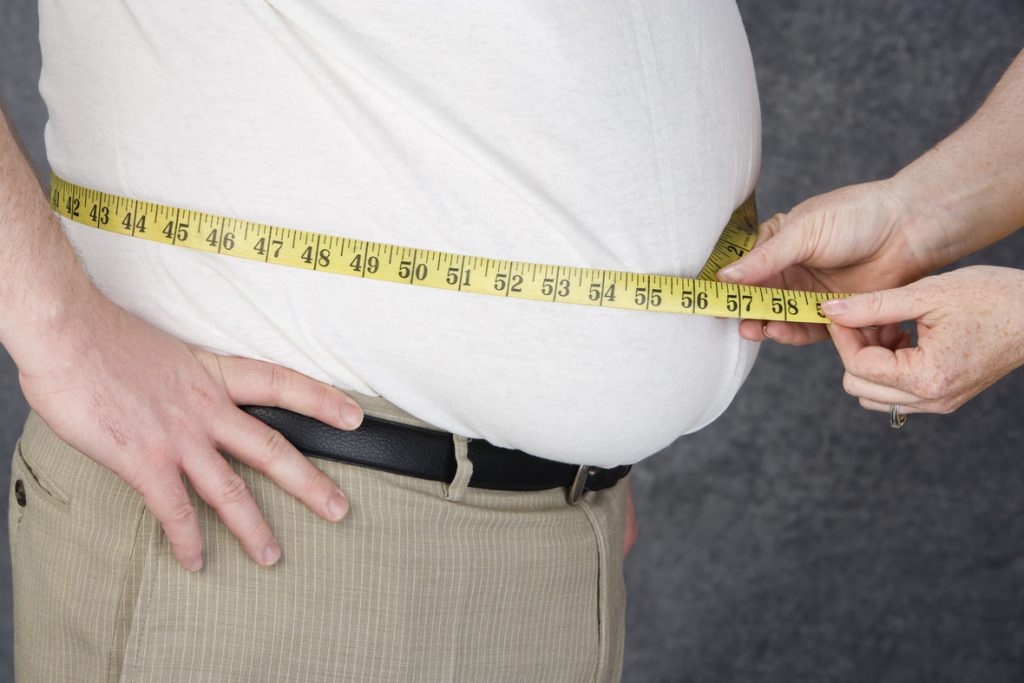[cs_content][cs_section parallax=”false” style=”margin: 0px;padding: 45px 0px;”][cs_row inner_container=”true” marginless_columns=”false” style=”margin: 0px auto;padding: 0px;”][cs_column fade=”false” fade_animation=”in” fade_animation_offset=”45px” fade_duration=”750″ type=”1/1″ style=”padding: 0px;”][x_custom_headline level=”h1″ looks_like=”h2″ accent=”false” style=”color: hsl(36, 97%, 49%);”]Obesity, how do we approach the growing epidemic ?[/x_custom_headline][cs_text]It’s been a hot topic over the last couple of years and recently even more so as kids in the U.K are now overtaking the historical leaders in childhood obesity the U.S.
So what’s going wrong?
A lot of parents struggle with the “it wasn’t like this in my day, so why now”? situation.
Simply the world has changed dramatically over the past 10 years let alone the last 20.
Kids spend more time playing with technology, being inactive and the fear of allowing kids to play outside with-out supervision is also an issue, “yes you can go play, but be back home for your dinner (insert your child’s name) at six” is rarely heard these days.
Combine these with the increasing pressure placed on kids to do well academically, time that previously may have been spent playing sport or in activities with friends… and the picture becomes clearer.
The Lawmakers can argue all they want but no matter how you look at it there is an enormous problem of sugar in kid’s diets that is contributing to obesity.
It is something we come across daily in trainings and is one area we try to spend a lot of time educating our academy kids in.
Top professional players advertising sports drinks full of sugar haven’t helped. Generally fine for an athlete to consume for recovery after a high intensity game or prolonged event over 90 minutes. A 10-year old child at football training or playing a 40min game at school isn’t quite the same, not to mention what it’s doing to their teeth.
Recently an article in the newspaper suggested kids are programmed now to automatically to go to the fridge in search of food, and that consuming these extra calories is becoming an issue in their diets.
I don’t agree this can be solely to blame. I remember growing up and spending half of my developing years going to the fridge in search of food
My parents finances were relieved after I moved out of home, they didn’t have to keep resupplying the cupboards…
But then again I did play competitive sports twice a week, have 4 sports practices, bike to school and my friend’s houses, and never missed a PE lesson.
Is it eating to much, or not getting enough activity?
I believe it’s about balance. The Media try to complicate it, but generally it is a pretty simple mathematical calculation unless you have some sort of hormone or medical issue…
- Eat more calories than you expend and you will put on weight;
- Eat the same as you expend and you will stay the same;
- Eat less than you expend and you will lose weight.
As a coach it seems to me we have a problem with the way we educate our kids about food and activity. Recently I read 60% of kids drop out of sport by age 12 and 90% by age 16 due to various reasons.
Sport and activities need to be fun, children also need to participate and have a positive experience with coaching, teammates and parents. Without the right support network or even an over-zealous coach or parent taking the fun out the sport or activity, it becomes a situation where the child does not want to participate in the activities or sports that will help burn off excess energy.
Kids, parents and coaches need to keep up to date and stay educated about healthy eating practices.
People often complain about there being too much foods with chemicals and preservatives or foods laden with sugar or saying there isn’t enough variety for children. When you think about it, it is actually pretty easy to have a healthy varied diet.
Eat some form of…
- Lean meat or seafood making sure to have different varieties;
- Eat a wide variety of vegetables and fruit;
- and drink water.
- Every now and then have a treat (they are after all kids, we have all done it so it’s not the end of the world).
Rule: If it comes in a packaging, it is generally best to avoid or limit it to a very small percentage of your healthy eating.
Following this pattern of eating and you are able to avoid bad foods relatively easy. Over the past 20 years in the industry I have heard every excuse in the book, the ones who get it right are to be honest the most organised.
- Buy easy to follow healthy cook books;
- Making enough for lunches the next day, so a child can take it to school to eat is a simple way of getting your kids healthy foods;
- Encourage their kids positively to participate in a wide range of activities and sports they enjoy.
Growing obesity is huge problem (excuse the pun), being active and educated about it is a big part of curbing the problem. We are proud that we provide an atmosphere at the Academy that encourages a healthy attitude to sport, activity and eating, and helps to educate the parents and players.
Follow us on Facebook and our newsletter to stay ahead of the rest.
[/cs_text][x_share title=”Share this Post” share_title=”” facebook=”true” twitter=”true” google_plus=”false” linkedin=”true” pinterest=”false” reddit=”false” email=”true” email_subject=”Hey, thought you might enjoy this! Check it out when you have a chance:”][/cs_column][/cs_row][/cs_section][/cs_content]


